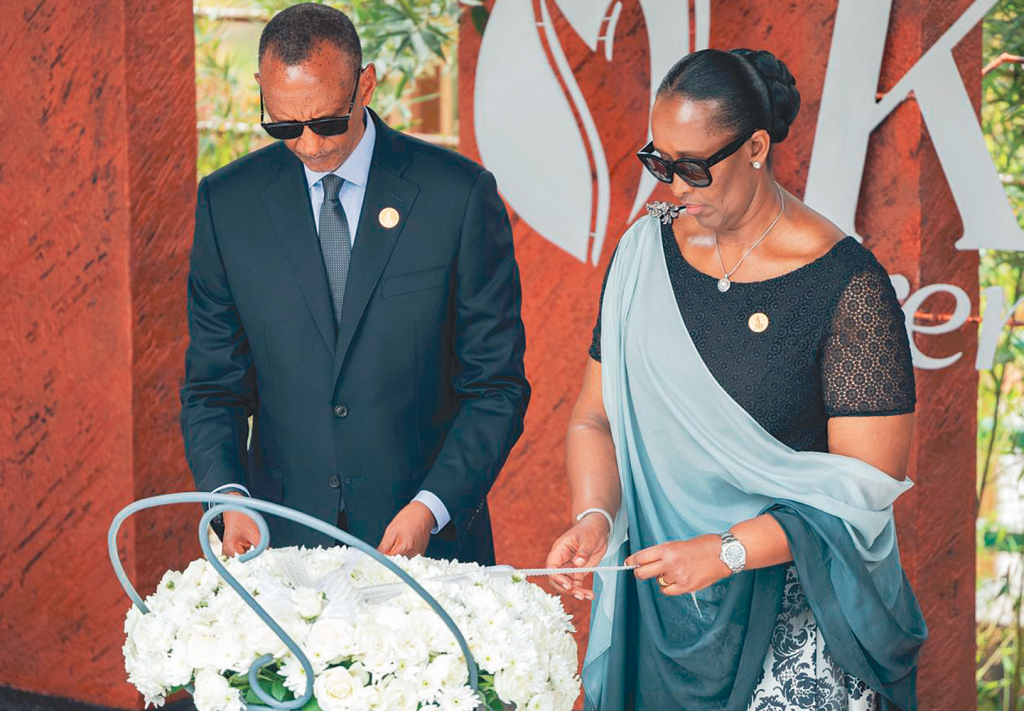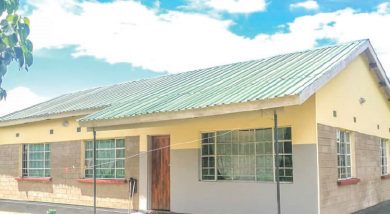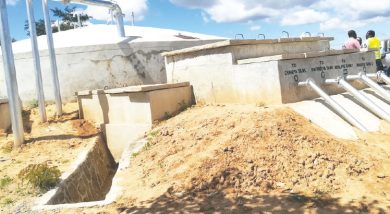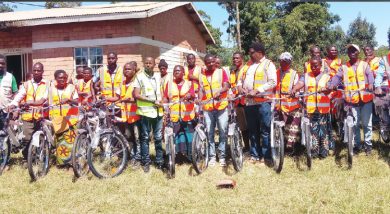Kagame warns of fresh genocides
Rwandan President Paul Kagame yesterday said the genocide his country experienced in 1994 could happen in another country if “enablers and bystanders” are left unchecked.
He said this in Kigali, Rwanda where thousands of dignitaries gathered to pay tribute to the victims of the 1994 genocide against the minority Tutsi and moderate Hutus.
“We have turned the corner in Rwanda, but the same ideology that justified the genocide against the Tutsi is still alive and well in our region.

“And we see the same indifference from the wider world as in 1994. It is as if those expensive lessons are always lost, and we stare blindly as the same type of situation builds up again and again,” said Kagame.
He cited the situation in the eastern Democratic Republic of Congo (DRC) where he said the Democratic Forces for the Liberation of Rwanda —an armed rebel group mainly comprising Hutus who escaped from Rwanda after committing genocidal atrocities in 1994—are enjoying State support in full view of the United Nations even as they have vowed to return to Rwanda to eliminate what they see as the Tutsi influence.
At least a dozen current and former heads of State, including South African President Cyril Ramaphosa, Israel President Isaac Herzog and former US president Bill Clinton attended yesterday’s commemoration of the genocide dubbed Kwibuka30.
Kwibuka means to remember in Kinyarwanda, which is Rwanda’s national language.
Later, the world leaders joined Kagame to lay wreaths and light the flame of remembrance at the Kigali Genocide Memorial before going to the Kigali Arena for a national ceremony where arts performances and speeches reigned.
Some speeches were poignant because of the questions they raised.
“What thirst do you quench by exterminating others?” asked Mousa Faki Mahamat, who chairs the African Union Commission, in his speech.
He said 30 years after the genocide, this remembrance ceremony in Kigali should continue to raise questions about the “absurdity and craziness” of what humanity has manifested.
Like a phoenix, Rwanda has risen from the ashes of genocide to become a strong regional economic and military power although the scars of civil war still ache.
Civil war erupted in October 1990 between the Rwandan Armed Forces (RAF) of the Hutu-led government
under President Juvenal Habyarimana and the Tutsi-supported Rwanda Patriotic Front comprising fighters born in exile and operating from Uganda.
On April 6 1994, a plane carrying presidents of Burundi and Rwanda crashed from what was said to be a rocket attack and with it the collapse of the Arusha Accords.
Over the next 100 days, roughly one million Tutsis were killed, including women and children while around 250 000 women were raped, some deliberately infected with HIV to continue suffering if they were somehow left alive after the sexual assaults at a time of no known treatment for the virus





